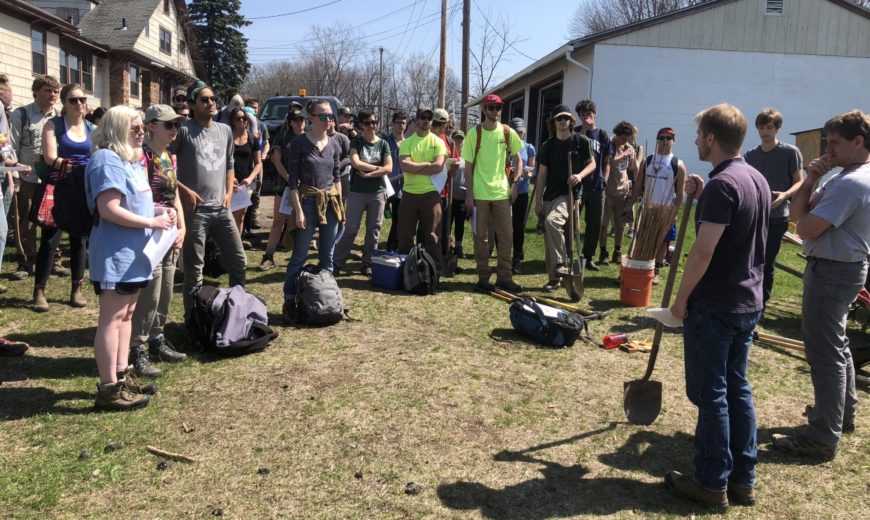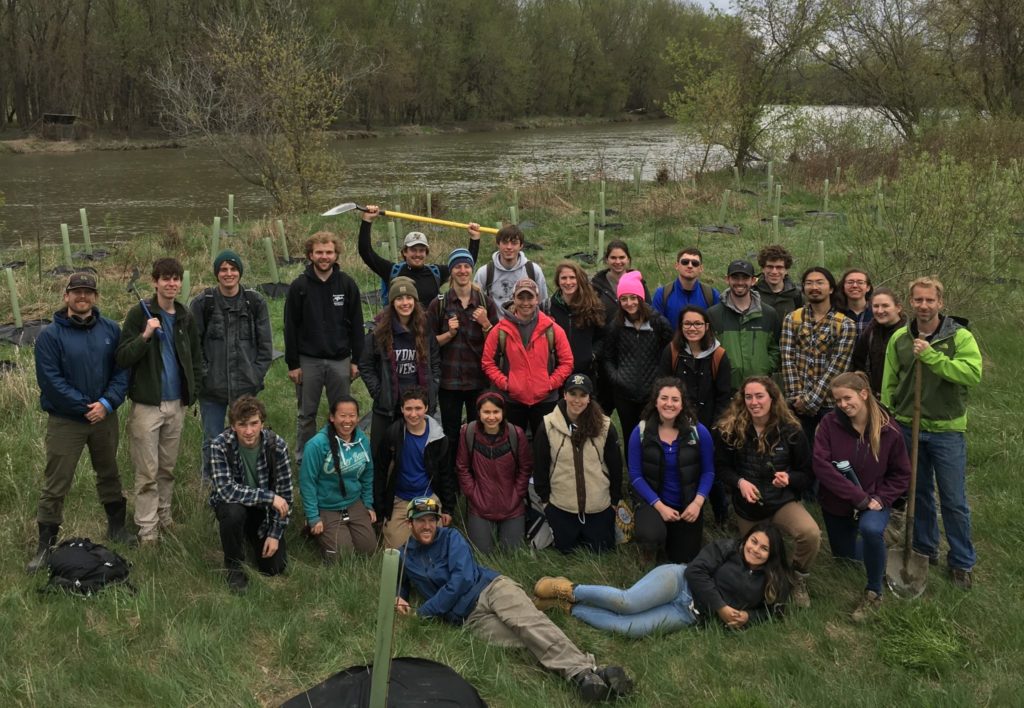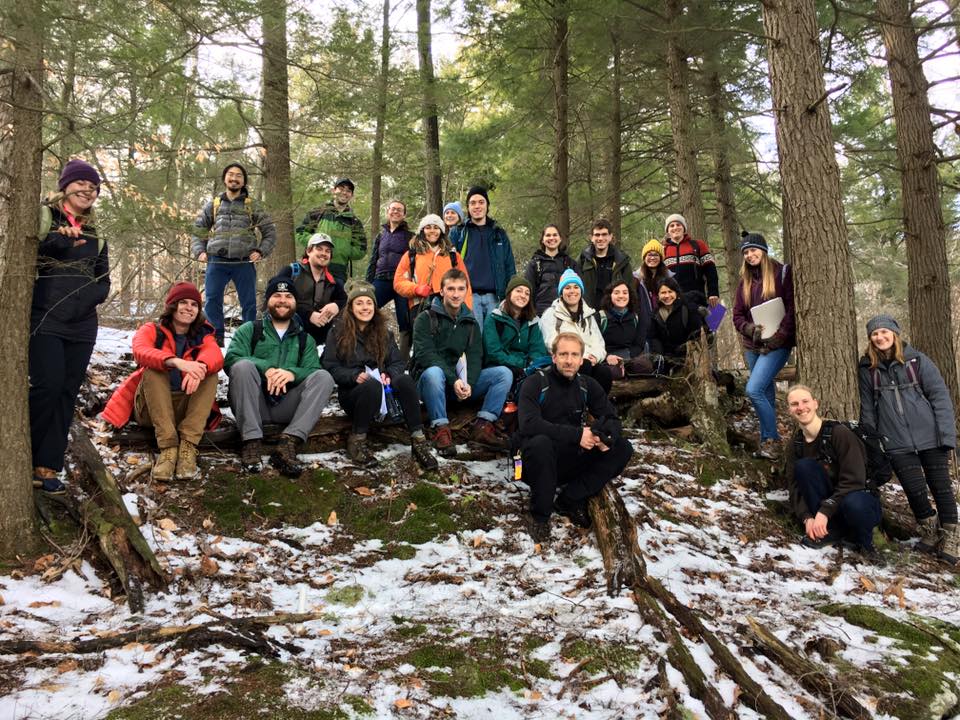Bill Keeton wins the Lynne Bond Outstanding Service-Learning Faculty Award

The Office of Community-Engaged Learning (CELO) is delighted to announce our award winners for 2020. Each year, we recognize faculty, students and community partners for their leadership in creating transformative learning experiences that meet community needs. These service-learning courses, designated at UVM since 2007, connect academic learning goals with community work and projects. Supported by community partners, our students can prepare for their lives after graduation by deploying their academic skills within community partnerships. Together, about 50 faculty members, teaching 100 courses, with over 200 community partners, create real-world learning experiences that reach over 40% of UVM’s graduating seniors.
This year’s ultimate award is the result of a nomination by Dan Cahill, of Burlington Parks, Recreation and Waterfront, an 18-year employee of the City and an alumnus of UVM’s Rubenstein School of the ENvironment and Natural Resources, in which the award winner teaches. We are pleased to announce that Bill Keeton is the 2020 recipient of the Lynne Bond Outstanding Service-Learning Faculty Award. Named in honor of our founder, professor emerita of psychology Lynne Bond, this award goes to faculty with a long-standing commitment to service-learning, and whose teaching exemplifies the principles of academic rigor, community reciprocity and reflective engagement. Bill has been teaching ENSC 201: Restoration and Recovery of Altered Ecosystems yearly since 2001 (minus two sabbatical years). He was nominated by two long-term community partners of the course, Rose Paul of The Nature Conservancy (TNC) and Dan Cahill of Burlington Parks, Recreation and Waterfront. Both partners highlighted not only the value of students’ work, but the intentional and reciprocal nature of the partnership. Rose Paul lauded Dr. Keeton’s proactive development of projects: in active collaboration with TNC staff and well in advance of the semester. Bill ensured open lines of communication and engaged students thoughtfully, with reflective questions. The process resulted in “useful, informative, creative plans tailored to each SL site for stream bank restoration, in-stream habitat restoration, management of invasive plants, recreation trail enhancements, and vegetation restoration.” Like TNC, Burlington Parks, Recreation and Waterfront has benefitted from the collaboration with ENSC 201. Dan Cahill explained that the partnership has transformed ecological restoration from a distant academic concept to a lived reality of natural community restoration in three parks in [Burlington], with over 4000 trees planted, 400 volunteers engaged impacting over 14 acres. Further, the involvement of Bill’s class has also allowed the city to leverage additional resources and volunteers for significant impact. But the course offers more than services rendered; it provides the City with opportunities to engage in support and mentoring of students, and critical review of their projects and proposals. “The City of Burlington increased its competency and capacities through this partnership, but it is also evident that nearly 200 students’ lives have also been enriched through the imprint of Dr. Keeton’s pedagogy, process and most of all his passion. In my experience as both a student and a community partner, I cannot imagine a more deserving nominee for this award.”



